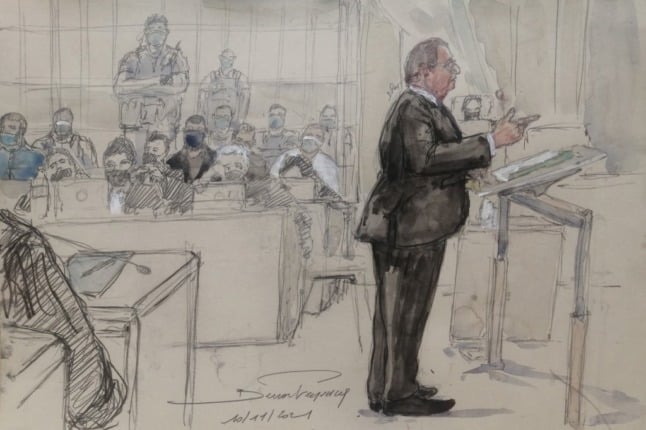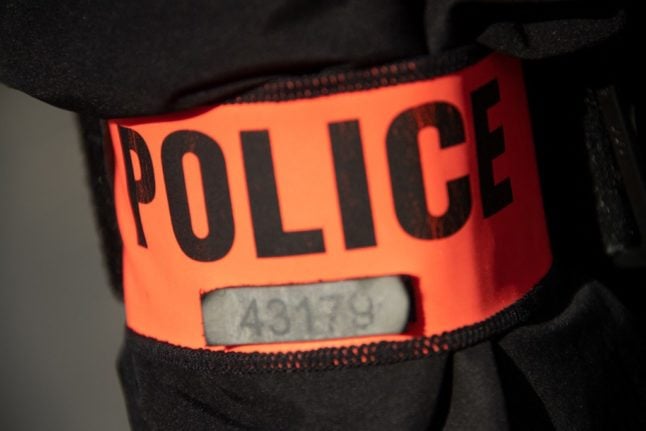Hollande, who was president from 2012 to 2017, also said that while the government knew further attacks were being planned after the massacre of a group of cartoonists in January 2015, “we did not know where, when and how they would strike.”
A 10-man jihadist cell evaded detection to carry out the worst attacks in France’s post-war history on the night of November 13, 2015.
Hollande was attending a France-Germany football friendly at the Stade de France stadium in Paris when the first suicide bomber detonated his vest, prompting security agents to whisk him away as two more blasts went off.
Gunmen later opened fire on cafes and restaurants in a lively part of the capital and stormed the Bataclan concert hall, killing indiscriminately and taking hostages in a slaughter which by the end of the night left 130 people dead.
In court, Hollande launched an impassioned defence of the air strikes that France had been carrying out in Syria against IS, which claimed the Paris attacks as vengeance.
“This group struck us not for our actions abroad but for our ways of life at home,” said Hollande.
“Democracy will always be stronger than barbarism.”
Acknowledging that he had reflected on his own responsibility, he said: “I would do exactly the same thing (in Syria). I say this in front of the plaintiffs who are suffering, those who have lost loved ones. This is France, we owed it to the populations who were being massacred (in Syria).”
‘A message’
It remains unclear how many of the assailants or their accomplices entered Europe via the migrant trail and remained at large despite being on the radar of intelligence services.
Some of the victims’ families have questioned whether the bloodshed could have been prevented, prompting one victims’ association, Life for Paris, to request that Hollande be brought in as a witness.
All attackers were killed or eventually gunned down by police except for Salah Abdeslam, a French national of Moroccan origin, who did not detonate his suicide vest and was later captured in Brussels.
When the trial got underway in September, Abdeslam accused Hollande of encouraging the attacks by going to war against IS.
“Francois Hollande knew the risks he was taking in attacking the Islamic State in Syria,” Abdeslam said.
In a sound recording of the attacks found in the Bataclan, the gunmen can be heard telling their victims “they only had Francois Hollande to blame” as they spray the theatre with bullets.
“How did you feel about that?” asked Jean-Marc Delas, a lawyer for Life for Paris.
“It sounded like a kind of refrain, like a signature,” Hollande said.
It was “a message to make us renounce our interventions in Iraq and Syria” and create “a rupture, a religious war” between the French.
Marathon trial
France had been on high alert for jihadist attacks since the massacre of 12 people at the satirical Charlie Hebdo newspaper and of four others during a hostage-taking at a Jewish grocery store over three harrowing days in January 2015.
“Every day we were under threat. We knew that there were operations being prepared, individuals who mixed with the flow of refugees, leaders in Syria. We knew all that,” Hollande told the court.
“Unfortunately, we did not have the information that would have been decisive in preventing the attacks.”
The court rejected the objections from some defence lawyers to allowing Hollande to testify.
His testimony is the latest chapter in a marathon trial expected to last until May 2022.
In October, the court heard weeks of sometimes harrowing testimony from survivors and relatives of victims.
The trial is the biggest in France’s modern history.
Some of the 20 defendants, including Abdeslam, face life sentences if convicted. Six of the accused are being tried in absentia.



 Please whitelist us to continue reading.
Please whitelist us to continue reading.
Member comments